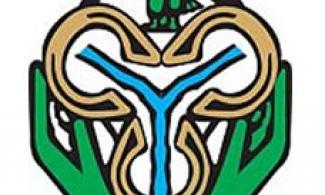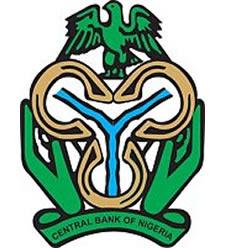
The Central Bank of Nigeria (CBN) has discreetly worked on stress tests in which at least nine commercial banks have demonstrated a level of distress that requires they recapitalize in order to avert the banks’ possibly falling into distress. Emphasizing that none of the affected banks was “in imminent danger of collapsing,” a source at the Central Bank of Nigeria (CBN) told SaharaReporters that the regulatory bank’s action was meant to pre-empt any bank collapses in the near future.

According to the source, the affected banks include United Bank for Africa (UBA), First Bank, Diamond Bank, Sterling Bank, Skye Bank, and Heritage Bank. The other banks are Wema Bank, Unity Bank and Fidelity Bank.
The worst hit bank is Skye bank where is facing a serious level of distress that could lead to its total collapse.
According to the source, several of the affected banks have neglected to maintain healthy capital liquidity levels. As a result, some of the banks were described as tethering on the brink of collapse.
The regulatory source told SaharaReporters that First Bank was also one of the most precarious positions since the bank made several bad loans to two oil tycoons, Jide Omokore and Kola Aluko. The bad loans amounted to N120 billion.
According to our source, the loans were given without any collateral but on the basis of a guarantee by former Petroleum Minister, Diezani Alison-Madueke, that both businessmen would enjoy strong state patronage in the oil industry in the form of production sharing agreements with the Nigerian National Petroleum Corporation (NNPC).
First Bank recently changed its chief executive as the bank tries to revamp its operations.
Our source described UBA as financially strong, but added that its chairman, Tony Elumelu, exerts too unhealthy an influence in the bank. When former Central Bank Governor, Sanusi Lamido Sanusi, ordered chief executives of certain commercial banks to quit for bringing their banks to severe crises, Mr. Elumelu maneuvered to retain control of the UBA and reportedly continues to treat it as a personal estate.
Mr. Elumelu bankrolled his younger brother, Ndudi Elumelu’s, failed governorship race in Delta State with as much as N1 billion, according to sources close to the campaign. “He [Tony Elumelu] tried to ‘purchase’ the governorship for Ndudi,” said one of the sources. He alleged that the billion-naira war chest was an unsecured loan from UBA that Ndudi Elumelu, a former member of the House of Representatives, has not repaid.
Another political figure in Delta State told SaharaReporters that Mr. Ndudi Elumelu was scammed out of N750 million from the campaign loan he received from. The source named Dumebi Kachikwu, a younger brother to the current Group Managing Director of the NNPC, Emmanuel Ibe Kachikwu, as the person who fleeced Mr. Elumelu of the funds.
Our CBN source disclosed that the regulatory bank was anxious to end reckless loan practices by the UBA and other commercial banks in order to avert bank crashes.
The CBN source told our correspondent that the regulatory bank did not wish to create a panic in the banking sector, adding that the capitalization order to certain banks was to avoid the recurrence of the 2010 banking crisis that saw Nigeria giving banks a huge bailout.
The CBN source said the creation of the Treasury Single Account (TSA) also led to further stress in the banking sector as most of the bank merely served as purveyors of stolen government funds or illegally took fund deposits that were diverted from government accounts.
The CBN source said the latest approach announced by the CBN pushing down interest rates were all pro-active and pre-emptive strikes to prevent a total meltdown in the Nigerian banking sector. He concluded that regardless, the banking sector would need an "AMCON 2" referring to the Asset Management Corporation of Nigeria, a body set to buy bad debts from Nigerian banks. The first AMCON, our source insisted, also needs a bailout.